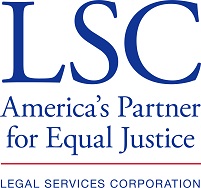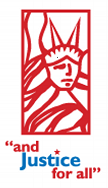Identity Theft is the largest consumer complaint filed with the Federal Trade Commission (FTC) every year.
What is Identity Theft?
If you have been the victim of identity theft, it could mean someone has used your name to:
make purchases,
get credit cards,
rent an apartment, or
obtain utilities without your permission.
In some cases, thieves may have used your name to receive medical services, get a tax refund, or even during contact with law enforcement.
What is Foreclosure?
Foreclosure means your creditor is trying to take your house and sell it to collect the money you owe. This happens when you get behind on your payments.
What do words used in a foreclosure mean?
Understanding the legal terms used with foreclosure can help you help yourself. Some definitions are:
What Does Exempt Property Mean?
Property that is protected and cannot be taken by your creditors to pay off a judgment for debt.
Who May Claim an Exemption?
You or your spouse, your children, or anyone else whom you give permission to, may claim an exemption on your behalf.
Can an Exemption be Waived?
It depends. You cannot waive an exemption in favor of an unsecured creditor before your property has been levied. An unsecured creditor is a creditor to whom you have not given a secured interest in property, such as your home.
What rights do I have when collectors call?
You have rights, even if you owe money. Many of your rights depend upon who is trying to collect the debt.
Collection Agency is the Collector
If a collection agency is collecting a debt, it must follow federal law. This law is called the Fair Debt Collection Practices Act. The law limits what a collection agency can do. For example, a collection agency may not:
What is a credit report?
A credit report may contain information about where you live, home and car loans, credit cards, your bill payment history, bankruptcy, and other legal actions. Businesses use your credit report to help them decide whether to lend you money or let you buy something on credit.
Bankruptcy is a legal proceeding in federal court in which a person with debts (called the debtor) can be freed or “discharged” from most of the debts. There are different chapters or types of bankruptcy. Two types of bankruptcy are Chapter 7 and Chapter 13. If a debtor files for Chapter 13 bankruptcy, the debtor will be able to work out a repayment plan with their creditors. If a debtor files for Chapter 7 bankruptcy, they will get some debts discharged.
Our Partners
Utah Legal Services is a Legal Services Corporation (LSC) grantee. We are required to notify donors that our funds may not be used in any manner inconsistent with the Legal Services Corporation Act or Section 504 of Public Law 104-134.

